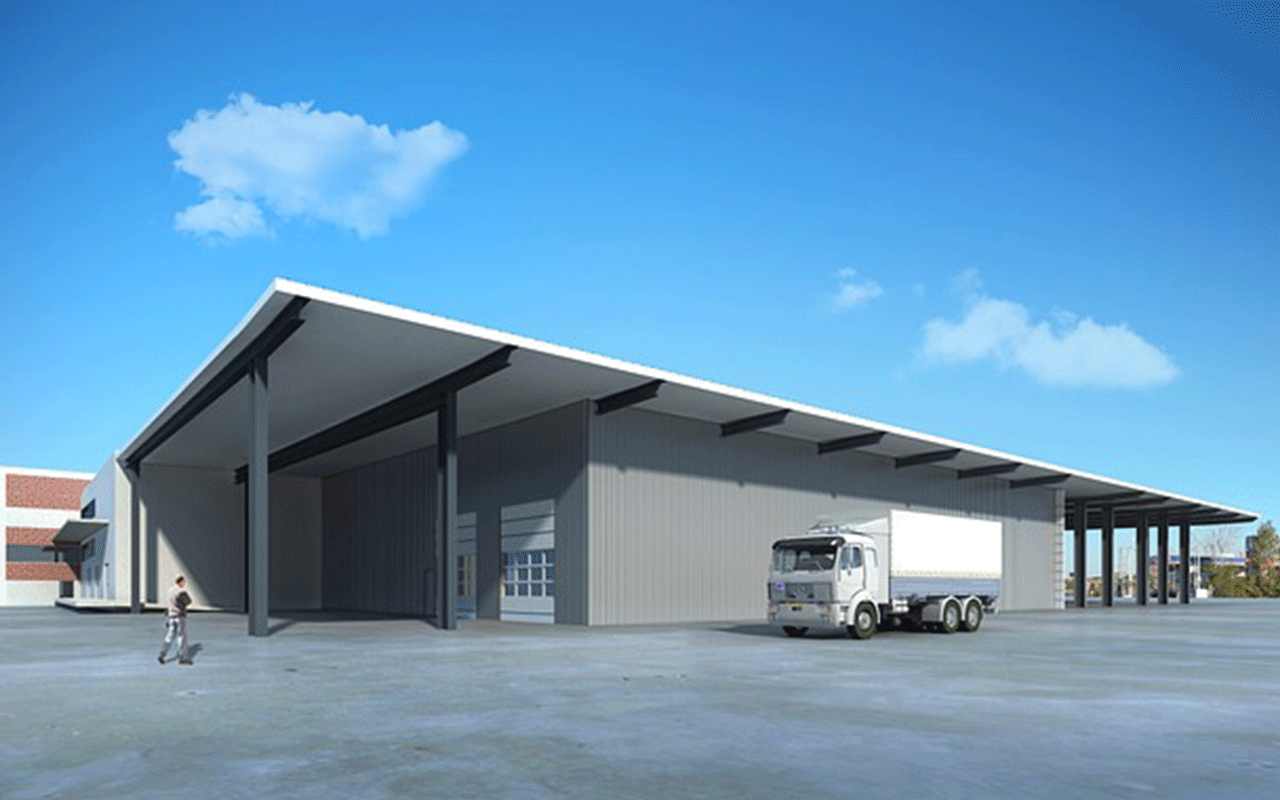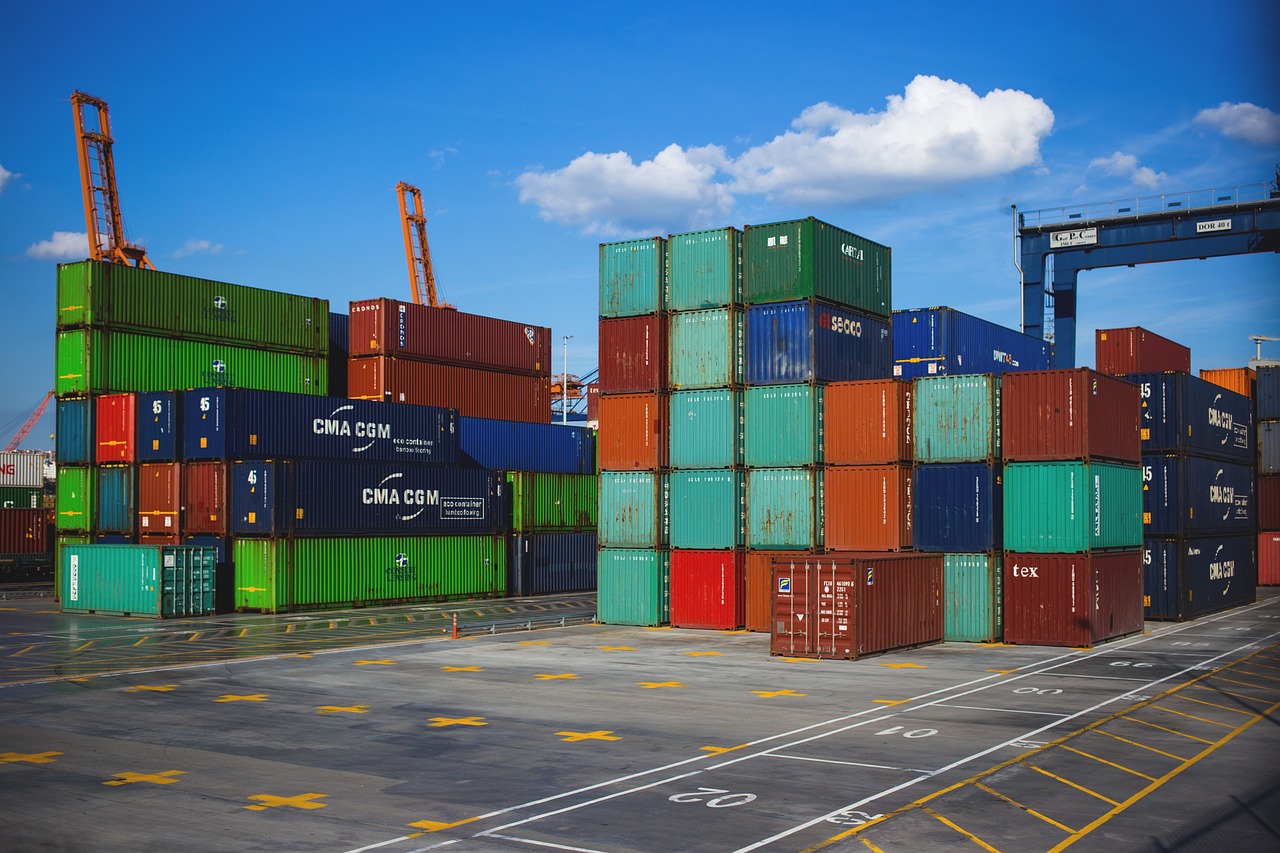1. Introduction to Warehousing in South Sudan
Warehousing has become an essential pillar in modern commerce, forming the backbone of efficient supply chains and enabling businesses to store, manage, and dispatch products with precision. In South Sudan, warehousing is an emerging field with the potential to contribute significantly to economic stability. As businesses grow, effective warehousing supports this growth, becoming indispensable for companies that aim to thrive in the competitive landscape.
Importance of Warehousing in Modern Commerce
Warehousing allows businesses to maintain a steady inventory, accommodate seasonal demand, and respond swiftly to market shifts. It aids in managing surplus and securing stock, thereby stabilizing supply and meeting customer needs consistently.
Role of Warehousing in South Sudan’s Economic Growth
For South Sudan, warehousing supports local businesses by reducing dependency on imports and providing secure spaces for storage. This, in turn, aids economic stability and encourages self-sufficiency, ultimately boosting the national economy.
2. Understanding Warehousing Solutions
Warehousing solutions encompass various services and facilities tailored to meet storage, security, and distribution needs.
Definition and Scope of Warehousing Solutions
These solutions range from basic storage options to highly specialized facilities, catering to businesses of all sizes with services that include storage, packaging, and dispatch.
Types of Warehousing Solutions Available
Warehousing solutions can vary from standard storage to sophisticated logistics facilities. These can be custom-built to meet specific demands, from temperature-controlled storage for perishables to bonded warehouses for imported goods.
3. The Impact of Warehousing on Business Efficiency
A well-organized warehousing system contributes significantly to business efficiency.
Streamlining Inventory Management
Warehouses provide structured inventory storage, enabling businesses to track stock levels and reduce instances of overstocking or shortages.
Reducing Operational Costs
With organized warehousing, businesses can cut down on handling costs, minimize losses, and ensure that products reach customers in optimal condition.
4. Types of Warehouses for Diverse Business Needs
Warehouses come in several varieties, each suited to different business requirements.
Public Warehouses
These facilities are open to multiple users, offering flexible leasing terms and operational support.
Private Warehouses
Owned by large businesses, private warehouses offer tailored solutions and are generally used by companies with consistent storage needs.
Bonded Warehouses
Used for imported goods, these facilities allow businesses to store products without immediately paying customs duties, making them ideal for import-export activities.
Distribution Centers
Distribution centers focus on fast-moving goods, catering to high-demand products and facilitating quick dispatch and delivery.
5. Selecting the Right Warehousing Solution for Your Business
Choosing an appropriate warehousing solution requires consideration of space, cost, and the specific needs of the business.
Key Factors in Choosing a Warehouse
Businesses must consider factors like location, security, technology, and operational support to ensure optimal warehousing solutions.
Evaluating Space, Security, and Technology Needs
It’s crucial to assess the amount of space required, the security protocols, and any technological support for inventory tracking and management.
6. Role of Technology in Modern Warehousing
Technological advancements are revolutionizing warehousing practices globally and in South Sudan.
Automation and Robotics in Warehousing
Automation simplifies repetitive tasks, reduces errors, and increases the speed of warehousing operations, making processes more efficient.
Benefits of Warehouse Management Systems (WMS)
A WMS streamlines inventory management, providing real-time data on stock levels and improving order fulfillment rates.
7. Challenges Facing Warehousing in South Sudan
Despite its potential, warehousing in South Sudan faces some challenges.
Infrastructure and Accessibility Concerns
Poor infrastructure can hinder the transportation of goods to and from warehouses, impacting efficiency.
Power Supply and Maintenance Issues
Frequent power outages can disrupt warehousing operations, particularly for facilities requiring temperature control.
8. Overcoming Warehousing Challenges in South Sudan
There are practical ways to address these challenges and improve warehousing efficiency.
Investment in Infrastructure Development
Investing in better road networks and facility maintenance can significantly enhance warehousing operations.
Adopting Renewable Energy Solutions
Utilizing solar power or other renewable energy sources can mitigate power-related issues and ensure continuous operation.
9. The Economic Advantage of Warehousing for Businesses
Warehousing offers clear economic benefits that enhance business profitability and sustainability.
Enhancing Inventory Turnover
By allowing efficient inventory storage and movement, warehousing supports a higher turnover rate, helping businesses meet demand consistently.
Supporting Seasonal Demand Fluctuations
Warehousing enables businesses to stock up for high-demand seasons, ensuring availability even during peak periods.
10. Logistics and Transportation Integration in Warehousing
An integrated logistics-warehouse system can create efficiencies that benefit the entire supply chain.
Benefits of Seamless Logistics-Warehouse Integration
Combining logistics with warehousing improves the speed and reliability of deliveries, enhancing customer satisfaction.
Reducing Transit Times and Delivery Costs
A cohesive system reduces delays, cuts transportation costs, and ensures faster delivery times for end-users.
11. The Importance of Security in Warehousing
Effective security protocols are essential to protect inventory from theft or damage.
Implementing Effective Security Protocols
Protocols like access control, surveillance cameras, and regular audits safeguard warehouse contents.
Role of Surveillance Systems and Security Personnel
Round-the-clock surveillance and trained personnel further reinforce security, creating a safe storage environment.
12. Cold Storage Solutions for Perishable Goods
Cold storage is essential for industries handling perishable goods.
Growing Demand for Cold Storage in South Sudan
With increasing agricultural and pharmaceutical activities, the demand for cold storage is on the rise in South Sudan.
Benefits for Agriculture and Pharmaceutical Industries
Cold storage preserves perishable items, reducing spoilage and maintaining product quality.
13. The Role of Warehousing in Import and Export Operations
Warehousing is pivotal in import-export activities, facilitating smoother operations.
Customs Bonded Warehouses for Duty-Deferred Goods
Bonded warehouses allow importers to store goods without immediate duty payment, benefiting cash flow.
Facilitating Smooth Import and Export Processes
Warehouses help businesses manage inventory, documentation, and regulatory compliance, ensuring smoother transactions.
14. Sustainable Warehousing Practices
Eco-friendly warehousing practices are gaining prominence as businesses pursue sustainability.
Eco-Friendly Warehouse Designs
Green designs reduce environmental impact and create healthier working conditions.
Adopting Green Energy in Warehouse Operations
Switching to renewable energy sources reduces costs and promotes sustainable operations.
15. Choosing a Location for Warehousing in South Sudan
Choosing the right location is crucial for operational efficiency and market reach.
Factors to Consider for Optimal Location
Businesses should consider accessibility to transportation, proximity to markets, and safety when selecting a warehouse location.
Accessibility to Key Markets and Transportation Hubs
A well-placed warehouse ensures quicker deliveries and reduces logistical challenges.
16. The Future of Warehousing in South Sudan
Warehousing has a promising future, with trends indicating growth and modernization.
Emerging Trends in the Warehousing Industry
Trends like automation, e-commerce integration, and green warehousing are shaping the future.
Potential for Growth and Expansion
As South Sudan’s economy develops, the warehousing industry is likely to expand, supporting more businesses and enhancing trade.
17. How Small and Medium Enterprises (SMEs) Can Benefit from Warehousing
Warehousing solutions can significantly aid SMEs in managing their logistics and growth.
Cost-Effective Storage Solutions for SMEs
Warehousing reduces storage costs for SMEs, enabling them to compete effectively in the market.
Scaling Operations with the Right Warehousing Support
By outsourcing warehousing, SMEs can focus on growth without being bogged down by storage issues.
18. Case Studies: Successful Warehousing Solutions in South Sudan
Examining successful warehousing implementations provides valuable insights.
Local Businesses Leveraging Warehousing
Several South Sudanese companies have used warehousing to improve their logistics and meet demand effectively.
Impact on Business Efficiency and Profitability
Efficient warehousing has allowed these businesses to streamline operations, reduce costs, and improve profitability.
19. Tips for South Sudanese Businesses to Optimize Warehousing
Optimizing warehousing practices can boost efficiency and reduce costs.
Effective Inventory Management Practices
Businesses should prioritize inventory tracking, rotation, and timely disposal of obsolete stock.
Reducing Waste and Enhancing Storage Utilization
Implementing strategies to reduce waste and improve storage use helps maximize warehouse space and cuts costs.
20. Conclusion
Warehousing solutions offer invaluable support to South Sudan’s businesses, enhancing efficiency and facilitating growth. By investing in effective warehousing strategies, businesses can improve operations, reduce costs, and contribute to economic development. South Sudan’s businesses should consider how warehousing can help them navigate logistical challenges and unlock new growth opportunities.




